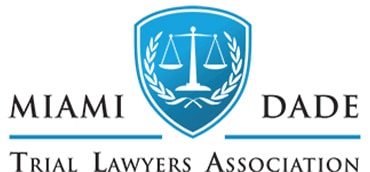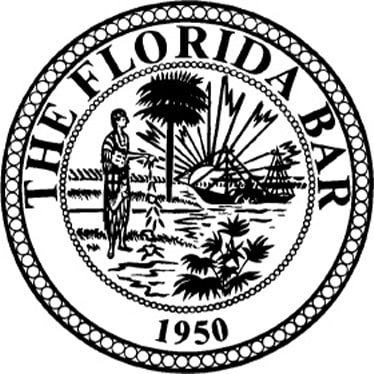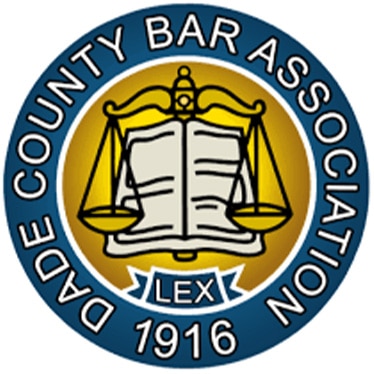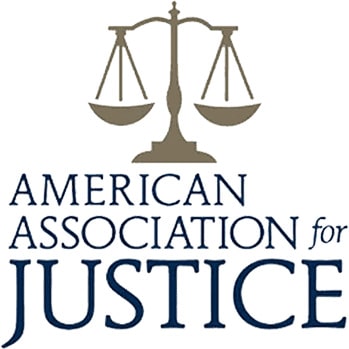National Rape Day is a hoax that appeared on TikTok in April 2021, falsely suggesting that sexual assault would be legal on a specific day. This article examines the origins of the hoax, its impact, and social media’s role in spreading it.
Key Takeaways
- The term ‘National Rape Day’ surfaced on TikTok in April 2021 as an alarming hoax claiming that acts of sexual assault would be legal on this day, causing widespread fear and concern.
- Social media platforms like TikTok responded by emphasizing their commitment to community safety and prohibiting content that promotes non-consensual sexual acts, highlighting the role of platforms in combating harmful trends.
- The hoax’s emergence during Sexual Assault Awareness Month underscores the ongoing importance of initiatives that educate the public about sexual violence and support survivors through resources and community efforts.
Introduction
In April 2021, a disturbing term surfaced on TikTok, dubbed “National Rape Day”. This term, which was allegedly the creation of an anonymous group, quickly spiraled into an online hoax that struck fear across nations. The original video, purportedly made by a group of men, claimed that acts of sexual assault would be legal on this day. The phrase “National Rape Day” has garnered over 72,000 monthly searches on Google. It has also sparked related hashtags that have amassed over 30 million views on TikTok, despite being a fictional concept.
We will delve into the impact of such hoaxes and navigate the reality of sexual violence, a term that encapsulates a multitude of sex crimes from statutory rape to child molestation and harassment, affecting individuals across all ages and walks of life.
The Origins of National Rape Day
The term “National Rape Day” gained traction in an environment that frequently goes unchecked for truth: social media. On TikTok, a platform known for viral content, a hashtag associated with this term, ‘April 24th Rape Day,’ gained rapid and widespread attention. While the original video’s existence is disputed, its message was clear: it was an encouragement of sexual violence, a crime that encompasses a range of sexual offenses, including sexual assault, sexual abuse, and rape.
This hoax not only trivializes the gravity of sexual violence but also coincides with Sexual Assault Awareness Month, a time dedicated to amplifying the fight against such heinous acts.
Public Reactions and Safety Warnings
The public’s reaction to this abhorrent trend was swift and visceral. Women and survivors across the globe reported a heightened sense of fear, with many choosing to remain indoors to avoid potential danger. Social media became awash with response videos, offering safety warnings and threats aimed at deterring any would-be perpetrators.
These reactions underscore the very real threat that sexual violence poses, highlighting the need for constant vigilance and strong defense mechanisms against such acts, including awareness of the potential use of a deadly weapon. Authorities amplified these concerns by issuing their own guidance, emphasizing the seriousness with which such threats are taken.
TikTok’s Response and Community Guidelines
Faced with a storm of concern, TikTok was quick to articulate its stance. The platform issued a statement underscoring its commitment to community safety and refuted the existence of the original “National Rape Day” video. TikTok’s community guidelines are explicit in their prohibition of content that promotes any form of non-consensual sexual acts, a policy aimed at fostering a space free of sexual and physical abuse.
TikTok’s refusal to host such harmful content reflects its aspiration to provide a user experience that prioritizes safety and well-being.
The Role of Social Media Platforms in Spreading Harmful Trends
While social media platforms remarkably connect people across vast distances, this power can also be a double-edged sword. Harmful trends, like the “National Rape Day” hoax, are a testament to the potential dangers of misinformation and the spread of dangerous ideas online. Anonymity on platforms can encourage individuals to issue rape threats, often targeting influencers and public figures.
These hoaxes also perpetuate the myth that strangers predominantly commit sexual violence, thereby blurring the reality that victims often know the perpetrators and that the assault may involve the victim’s intimate parts.
Contact us today for your free & confidential case review. Our team will help you get the compensation that you deserve.
The Importance of Sexual Assault Awareness Month
The “National Rape Day” hoax surfacing during Sexual Assault Awareness Month is particularly disturbing, considering April is dedicated to reshaping the narrative around sexual violence. This month serves as a rallying cry to enhance our collective understanding and response to sexual harassment, abuse, and assault. Through a variety of initiatives, such as educational events and social media campaigns, Sexual Assault Awareness Month aims to foster a community that supports survivors and works tirelessly to eliminate such violence.
It is a time to honor the strength and resilience of survivors, reinforcing that they are not alone in their journey to healing.
How Men Can Help Prevent Sexual Violence
The onus of preventing sexual violence does not fall solely on the shoulders of potential victims; it is a societal responsibility that requires active contributions from everyone, including men. Men have a critical role in promoting healthy relationships and respecting boundaries, which are foundational to mitigating the risk of sexual violence. Men can contribute to a safer environment for all by enforcing boundaries and intervening when they observe someone being coerced into unwanted sexual activity.
Furthermore, parents and caregivers are encouraged to educate children about consent and respect, equipping them with the understanding needed to navigate and challenge harmful social media trends.
Legal Implications and Consequences of Threatening Sexual Violence
The implications of threatening sexual violence extend beyond the moral; they carry tangible legal consequences. Sexual battery, for instance, constitutes engaging in sexual contact or non-consensual sexual intercourse without the victim’s consent and can result in a class A1 misdemeanor charge, punishable by significant jail time and mandatory sex offender registration. In more severe cases, involving the use of physical force or causing serious bodily injury, a sexual offense such as a class D felony charge may be applicable under the legal system. It is crucial for individuals to recognize that even online threats can lead to serious legal repercussions, including criminal offense charges related to being sexually assaulted.
A deeper grasp of these crimes’ severity enables society to protect its members more effectively and hold offenders accountable.
Resources for Victims of Sexual Assault
For victims of sexual assault, a myriad of resources is available to provide support and aid in the healing process. Some of these resources include:
- RAINN, which operates the National Sexual Assault Hotline, offers confidential support around the clock
- VictimConnect, which provides additional avenues for victims to seek help and guidance
- The National Domestic Violence Hotline, which offers support for victims of domestic violence
- 1in6, which offers specialized support for male survivors, recognizing the unique challenges they may face
These organizations and services are dedicated to helping survivors and providing the support they need.
These resources play a pivotal role in reassuring survivors that they are not alone, and their experiences are valid and worthy of support.
Frequently Asked Questions
What is “National Rape Day” and is it real?
How did TikTok respond to the “National Rape Day” controversy?
What is the importance of Sexual Assault Awareness Month?
What are the legal consequences of threatening sexual violence online?
Where can victims of sexual assault find support and resources?
Last updated Thursday, December 26th, 2024












